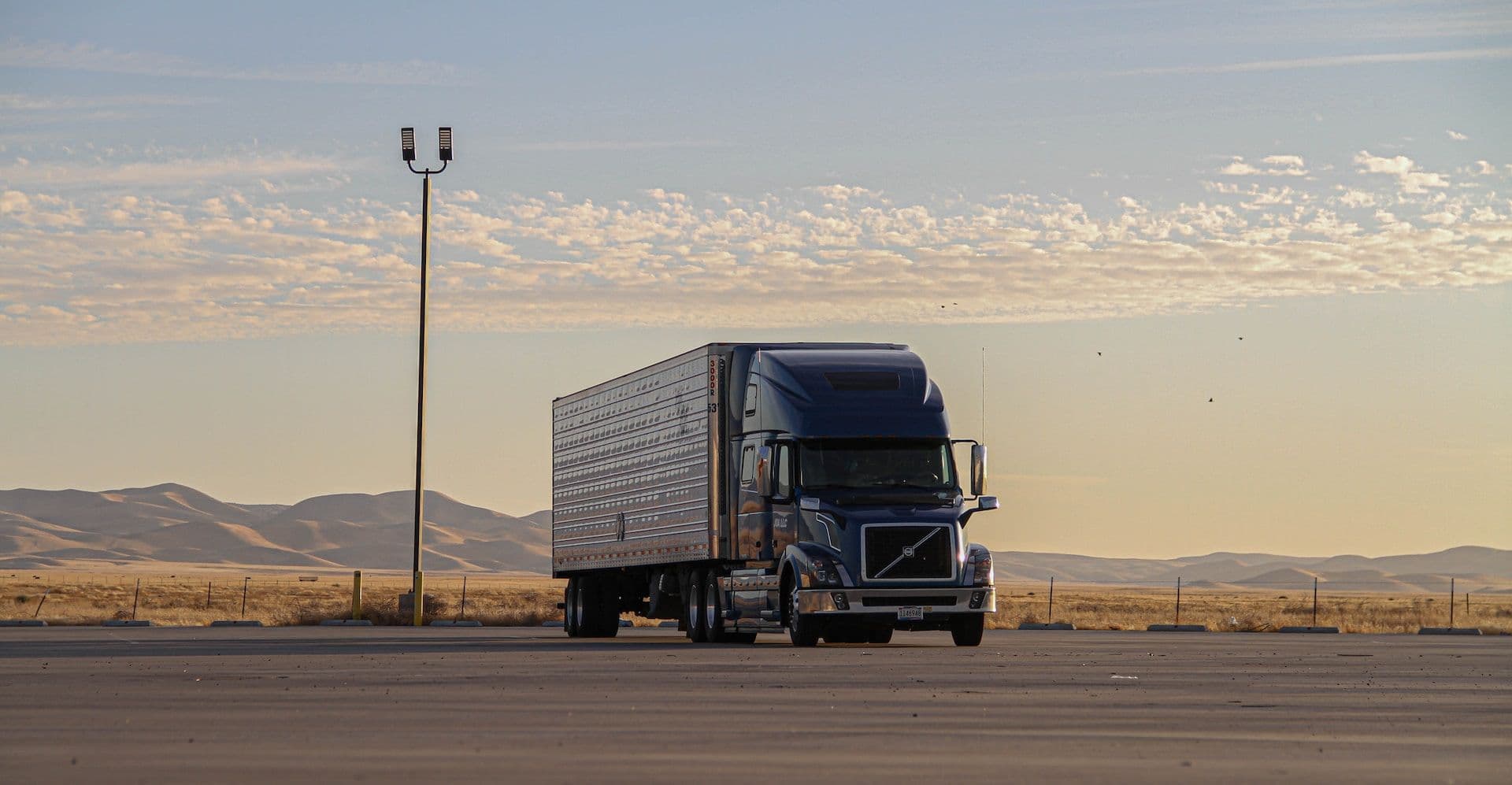Trump’s Tariffs: Potential Price Hikes and Supply Chain Disruptions Await, Experts Warn
President-elect Donald Trump’s ambitious plan to impose tariffs on imports from China, Canada, and Mexico could send shockwaves throughout North America, affecting businesses and global supply chains. Experts warn of significant challenges ahead.
The Trump Administration's Tariff Strategy
On January 20, Trump plans to enforce 25% tariffs on goods from Mexico and Canada. These tariffs aim to curb illegal immigration and drug trafficking, he stated on TruthSocial. Trump also proposes an additional 10% tariff on Chinese imports to tackle drugs sourced from China.
Industry Perspectives
Sri Laxmana, Vice President of Americas at freight broker and 3PL giant, C.H. Robinson, notes increased customer anxiety since the announcement.
“We’ve been pulled into countless meetings to run risk scenarios if Canada and Mexico tariffs were implemented,” stated Laxmana. “Automotive customers, in particular, view North America as a singular supply chain entity, with freight crossing both borders.”
Timing remains a pressing concern for shippers.
“It takes months for full tariff implementation through administrative action,” explains Laxmana. “Uncertainty in January will require planning for multiple scenarios.”
The Broader Impact of Tariffs
Many of Trump’s policies stem from his "America First" approach, initiated during his first term. In 2018, he imposed tariffs on $250 billion worth of Chinese goods, affecting consumer electronics and home appliances.
China retaliated with tariffs on $60 billion of U.S. exports, impacting U.S. soybeans significantly.
Andy Sherman, General Manager for Fictiv’s U.S. operations, hears concerns from clients about tariff impacts on the supply chain.
“A significant chunk of U.S. GDP, once subject to tariffs, could pressure businesses to adopt a China-plus-one strategy,” Sherman notes.
Industry Shifts and Consumer Impact
According to Sebastien Breteau, CEO of QIMA, tariffs combined with immigration policies could elevate consumer prices.
“Mass deportations could affect sectors reliant on immigrant labor, raising production costs and inflation,” says Breteau.
Breteau observes that North American brands shift their supply chains towards neighboring Asian nations.
E-commerce Sector Risks
Sylvia Ng, CEO of ReturnBear, notes potential risks to the e-commerce logistics industry due to Trump’s tariffs.
“Merchants must navigate tariffs amidst dock worker strikes in the U.S. and Canada. These economic factors disrupt operations, especially during peak seasons,” Ng states.
Smaller e-commerce businesses may bear the tariff brunt more profoundly.
“SMBs lack resources to absorb these changes, risking more cost pass-through to consumers,” cautions Ng.
As the global reverse logistics market grows, businesses must strategize to mitigate these incoming challenges. Ng emphasizes helping SMB merchants adjust to maintain their operations and consumer interests.
Navigate e-commerce efficiently in challenging times with insights and resources at our Shop, Register, and Help Center.


